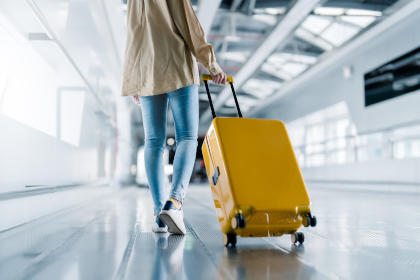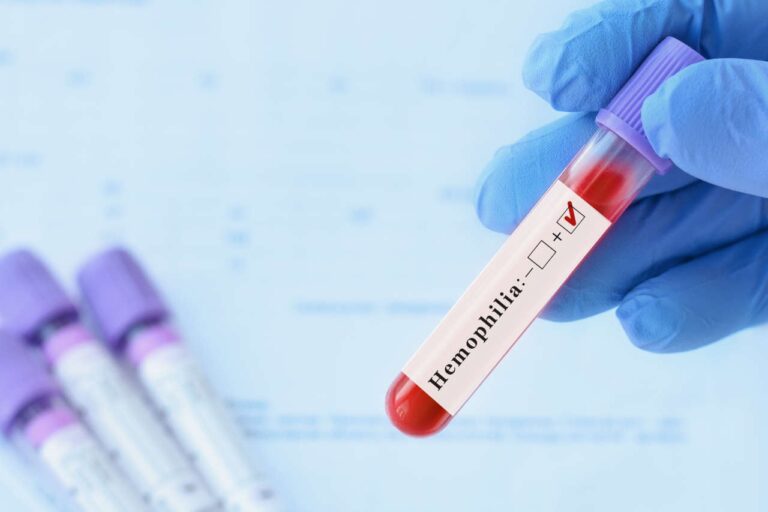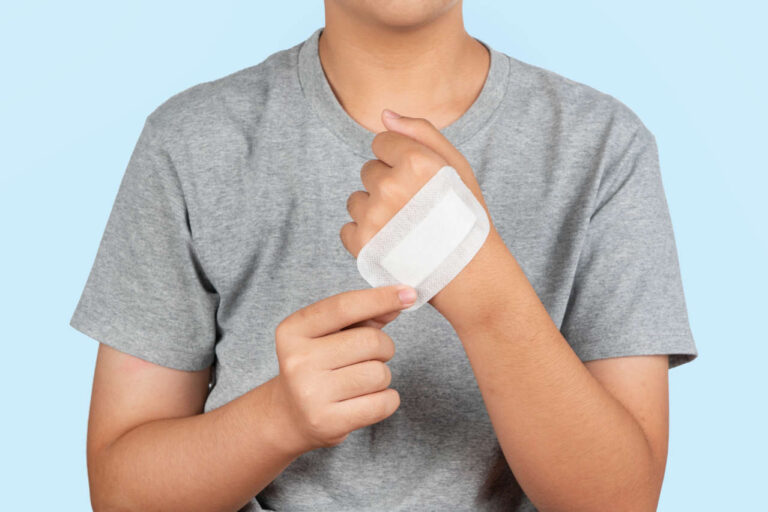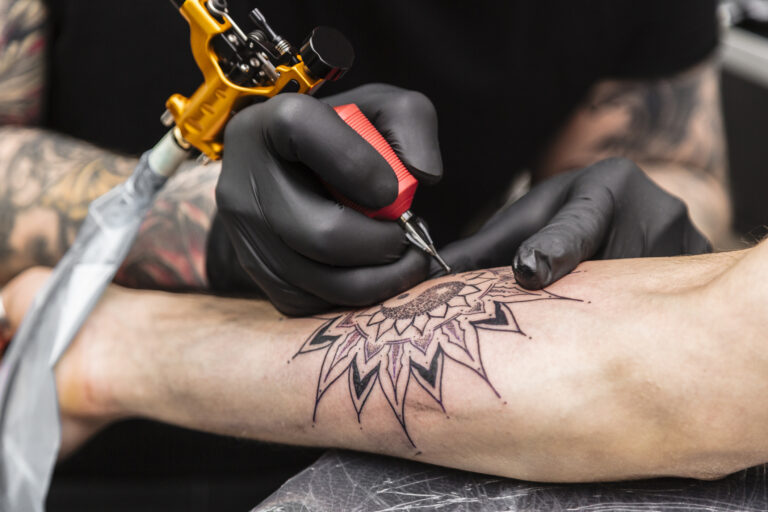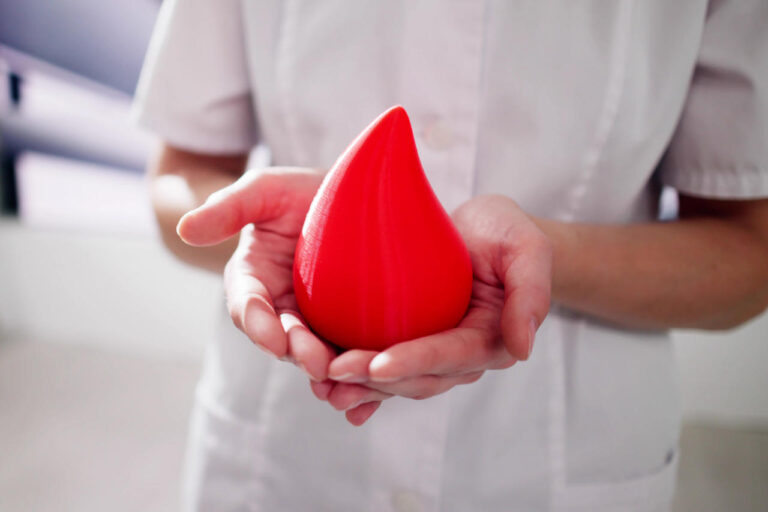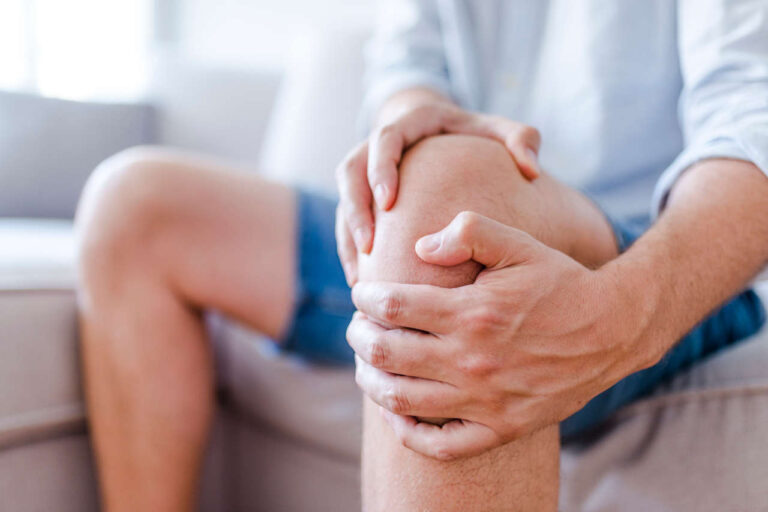
Travel generally requires some planning. And if you have medical conditions like hemophilia, there is even more planning when traveling because you must take extra precautions and safety measures. Hemophilia is a bleeding disorder in which blood does not clot properly, which can cause spontaneous bleeding, or significant bleeding even with minor injuries. The constant fear of getting injured can make it difficult for people to travel stress-free.
Speak to a Specialist About Copay Assistance
However, with careful planning and safety tips, you can enjoy your trip without worry. Whether you’re planning to visit your hometown or take a short trip around the world, making advanced preparations, including how to manage minor accidental injuries, can help you feel prepared ahead of your journey.
In this article, you’ll find some tips that can help you plan a safe and enjoyable trip without compromising your health.
Tips for a Safe and Enjoyable Trip
Consult Your Provider
It is important to discuss your travel plan with your healthcare provider in detail. Discuss your trip destination, activities you intend to do, and the length of your trip. This information will help your provider give you valuable safety recommendations, like what you should do in case of minor injuries or bleeding or what activities you should avoid during travel.
Your provider will also check whether you’re healthy enough to go on trips or if you require any vaccinations before leaving. For example, hepatitis A and B vaccines are typically recommended for people with bleeding disorders.
Get Your Travel Letter
When traveling, it is always best to get a travel letter from your provider. The letter provides brief information about your medical condition, such as the type of hemophilia you have, prescription medications (factor medicine and a diluent liquid), and supplies (needles, syringes, tourniquets, gauzes, Band-Aids, CVC kits, etc.) you’re carrying.
This letter will also provide information about the treatment plan needed in an emergency.
If you’re flying out of the country, the travel letter will help you during security checks at the airport because some countries have specific regulations about the transportation of medications, especially if they are injectables.
Pack Your Medication Carefully
Make sure you pack enough medications and supplies that can last the entire trip. It’s recommended to pack extra doses of your medications in case your trip days are extended. This would help you enjoy your trip freely without worrying about a medication shortage.
Additionally, pack your medication in a carry-on bag instead of checked baggage to avoid the risk of losing them.
Clearly label and assemble all medications, supplies, and medical devices in a carry-on bag along with other documents, such as a treatment card that outlines emergency care for hemophilia.
Research Your Destination
It is important to properly research your destination. The following are a number of things you should know and consider before staying in another country or region:
- Insurance coverage: Make sure to get travel insurance that covers medical expenses, such as the cost of factor concentrates, hospitalization, and other possible medical expenses that could come up. Without insurance, medical treatment in a foreign hospital can be expensive.
- Hemophilia Treatment Center (HTC): It’s important to find a hemophilia treatment center (HTC) wherever you’ll be staying. You can contact the center and notify them that you’re planning to visit their place and may need their assistance in an emergency. Additionally, you can share your medical reports with them as well.
- Country Emergency Number: You should write down the country emergency number where you’re planning to stay. You can easily contact them if you get injured.
- Destination Temperature: You should check the climate of your destination before traveling there. For instance, extreme temperatures or high altitudes in some regions may pose challenges, including dehydration, fatigue, and increased risk of falls, injury, and bleeding.
Get Financial Assistance
Pay Attention to Your Body Cues
Recognizing the early signs and symptoms of bleeding episodes can help you promptly manage unexpected bleeds.
You should immediately take your medication if you experience pain, fatigue, or discomfort. The symptoms typically associated with bleeds include:
- Swelling and joint pain
- Bruising (a sign of internal bleeds)
- Muscle pain, tingling, numbness, or other sensations
- Warmth at the bleeding site
Follow the RICE protocol (rest, ice, compression, and elevation) if you experience muscle bleeding or joint swelling. In severe cases of excessive bleeding, seek immediate medical care.
Summary
Traveling with a chronic illness like hemophilia can be challenging for both the patient and the caregiver. But with careful planning and safety measures, you can enjoy your trip without compromising your health. The aforementioned tips can help you have a safe, enjoyable, and memorable experience with your loved ones.
REFERENCES:
- The Haemophilia Society. (2024). Travel – the Haemophilia Society. https://haemophilia.org.uk/support/day-day-living/travel/
- Travel. (2016). Steps for Living. https://stepsforliving.hemophilia.org/step-up/travel
- Travel Safe with a Bleeding Disorder. (2024). Hemophilia. https://www.cdc.gov/hemophilia/travel-safe/index.html
- Bleeding Disorder. Bleeding disorders. Bleeding Disorders. https://www.bleedingdisorders.com/planning-ahead/travel
- Roush-Bobolz, E. (2023). Dear Addy: International travel. Hemophilia Federation of America. https://www.hemophiliafed.org/dear-addy-international-travel/
